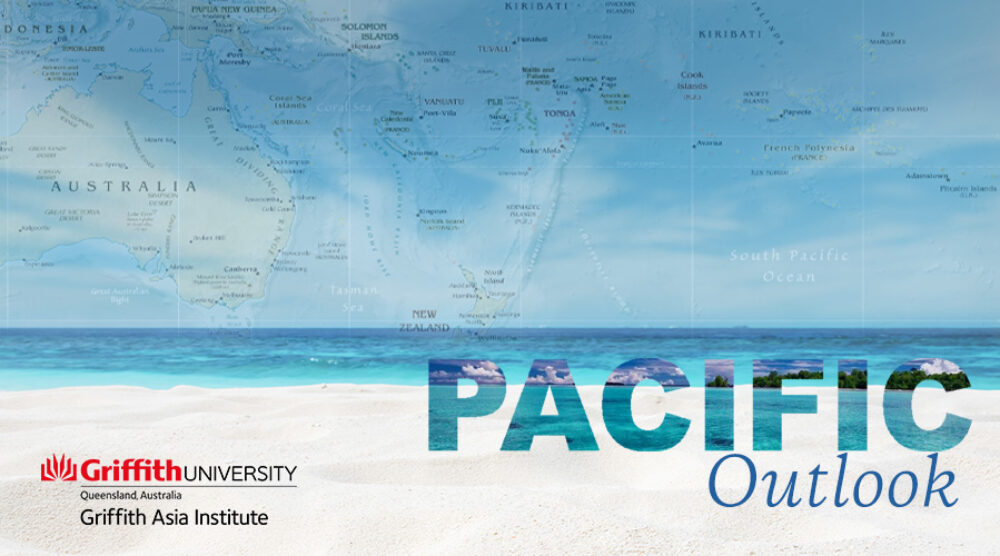TESS NEWTON CAIN |
Pacific voices feature at UN Oceans Conference
The UN Oceans Conference is underway in Lisbon, Portugal. As travel restrictions ease, Pacific leaders and activists have been able to participate and highlight Pacific issues on a global platform.
A particular point of concern for the region is that of deep sea mining. Both Palau and Fiji have used the Conference to call for a moratorium on this activity, seeking an “alliance” to prevent any further activity. Samoa has backed their call. However, other countries in the region, such as Cook Islands and Nauru, are actively supportive of developing this industry. This comes as the International Seabed Authority is drawing up regulations for deep sea mining.
The Foreign Minister for Tuvalu, Hon Simon Kofe, abruptly pulled out of attending the conference. This was in response to China refusing to provide accreditation for Taiwanese members of Tuvalu’s delegation.
Blue Pacific Partnership launched
Late last week saw the somewhat awaited announcement of the “Blue Pacific Partnership”. This brings together the USA, New Zealand, Australia, the United Kingdom, and Japan in an “informal and inclusive” grouping to support the Pacific islands region.
The main focus of the group appears to be coordination of effort. This will certainly be of interest to Pacific island countries who can find the transaction costs associated with multiple donors onerous. However, for an initiative that is focused on coordination there is little or no reference to coordination mechanisms that already exist such as the Framework for Pacific Regionalism or the Boe Declaration and associated Action Plan.
This is likely to be seen as another move to counter the growth of Chinese influence in the Pacific islands region. It also reflects increased concern in Washington that the US needs to re-engage with the region, again as a counter to China.
Deferral of Dialogue Partners’ meeting
Last week the Forum Secretariat advised that the Dialogue Partners’ meeting would not be held at the same time as the leaders gather in Suva for their first face-to-face meeting since 2019. Whilst this is a disappointment to some, including the US administration, it is generally seen as a good move on the part of the PIF membership.
This meeting of leaders comes at a crucial juncture as the membership seeks to repair the rift caused by the acrimony following the appointment of Henry Puna as Secretary-General in 2021. Dialogue Partner delegations can prove a significant drain on Pacific delegations, including leaders, as they seek sideline meetings.
China has subsequently sought to convene a virtual meeting of foreign ministers on the last day of the PIF leaders’ meeting, but this is likely to be something that Pacific countries will push back on.
PNG elections imminent
Voting will commence in Papua New Guinea on the 4th July. As the polling date draws closer, expectations and tensions are rising. The Electoral Commission has confirmed that the total number of registered candidates is 3,625 of which 167 are female. They will contest for 118 seats in the next Parliament.
There are still many questions and concerns as to whether the authorities can deliver elections that are safe, free, and fair. The common roll is seriously out of date. This situation is not helped by the fact that there has been no national census for many years. Rumours and claims of improprieties are rife and there have been numerous instances of pre-polling violence.
There will be several observer missions in PNG during the polling period. Among others, the Commonwealth and the Melanesian Spearhead Group have sent observers.
Tess Newton Cain is an Adjunct Associate Professor at the Griffith Asia Institute and project lead of the Pacific Hub.








